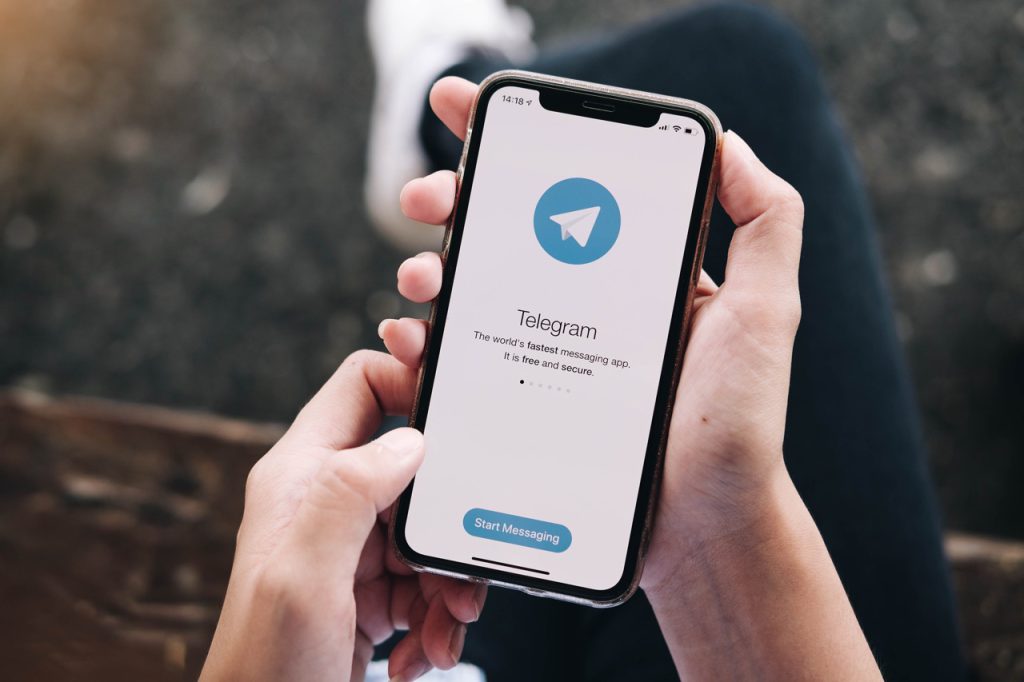Is there a secret to longevity? This health expert says 1,000% yes
In the era of social media, post-COVID, and with mental health at the forefront, a shift is taking […]

Telegram, the popular messaging app, has found itself in the middle of a legal battle in Brazil, with the company’s CEO, Pavel Durov, announcing their intention to appeal a Brazilian judge’s decision to block access to the platform. The ban comes after Telegram’s refusal to hand over data on neo-Nazi activity, claiming that compliance is “technologically impossible.” This issue brings to light the delicate balance between privacy, freedom of speech, and national security concerns.
On April 26th, a Brazilian federal judge ordered the suspension of Telegram in Brazil, alleging that the company failed to provide data on neo-Nazi activity. Pavel Durov, Telegram’s CEO, argues that the judge’s request is impossible to fulfill, and the company’s mission is to “preserve privacy and freedom of speech around the world.” Telegram has previously faced similar issues in countries like Iran, China, and Russia.
The ruling comes at a time when Brazil is grappling with a wave of school attacks and increasing concerns about the role social media plays in promoting violence. In November 2022, a man with a swastika pinned to his vest shot four people to death and wounded 12 in the small town of Aracruz in the Espírito Santo state. The Brazilian federal government has been working to combat school violence, with a particular focus on the influence of social media platforms.
Telegram allows users to post publicly to channels they create or join, as well as communicate privately. The company claims that “secret chats” between individual users can be encrypted, making it difficult, if not impossible, to provide the requested data.
In addition to the blocking of Telegram, the Brazilian judge set a daily fine of about $200,000 for noncompliance. Durov has not yet confirmed whether Telegram will pay the fine. Last year, a Brazilian Supreme Court justice ordered a nationwide shutdown of Telegram, which lasted for five days before the company apologized and claimed not to have received the court’s communications.
As the debate around privacy, freedom of speech, and national security continues to evolve, companies like Telegram are facing increasing scrutiny from governments worldwide. The outcome of this legal battle in Brazil could set a precedent for how governments and tech companies navigate these issues in the future.

In the era of social media, post-COVID, and with mental health at the forefront, a shift is taking […]

With its fast speeds and revolutionary potential, 5G stands out as a noteworthy milestone in the field of […]